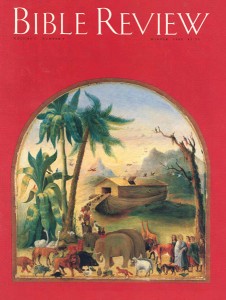The Changing Nature of the Convenant
Sidebar to: Continuity & Change in Israel’s Convenant with God
Mosaic Covenant
Yahweh freely bestows his love; the people pledge full love to Yahweh as their only possible response.
Ten Commandments express the loving response in form of basic obligations that henceforth are binding on Yahweh’s people.
Yahweh’s love is now contingent upon the continued fidelity of his people to him.
Davidic Covenant
United Kingdom
Yahweh promises that the Davidic dynasty will inherit the throne of Israel, regardless of Israel’s worthiness.
Yahweh will intervene to save his people through the dynastic king rather than through temporary charismatic leaders (Judges).
Covenant in the Divided Kingdom
Israel
In the north, the people and kings are accountable directly to Yahweh. Thus, if circumstances warrant, kings can be deposed; dynasties are temporary.
Judah
In the south, the continuance of the promises to David is contingent on the conduct of David’s successors.
Covenant in Deuteronomistic History
Defeat and disaster will result from cultic infidelity to Yahweh. Cultic fidelity, on the other hand, will ensure continued blessings of the covenant.
Prophets as charismatic messengers call king or people to repentance and new fidelity.
Since Josiah’s reform (late seventh century B.C) did not lead to lasting repentance, the exile was inevitable.
The convenant had been broken, but God’s love remained and was a new source of hope for the future.
Already a library member? Log in here.
Institution user? Log in with your IP address.

